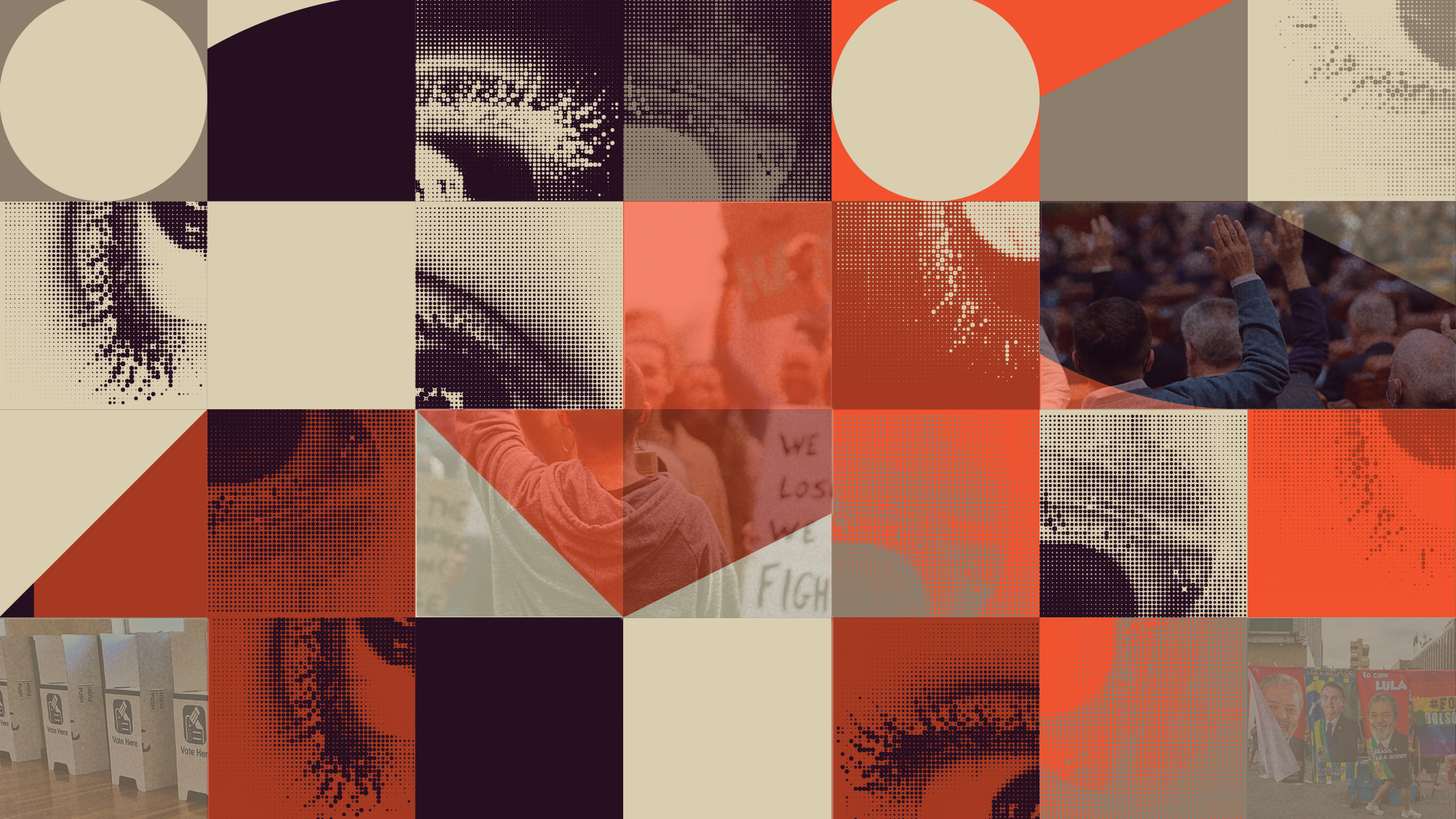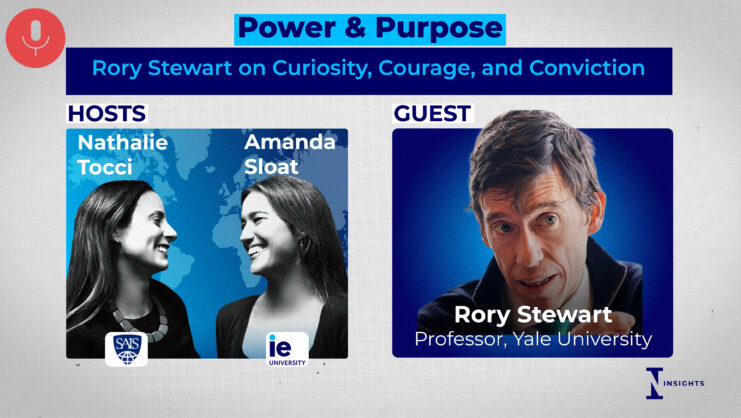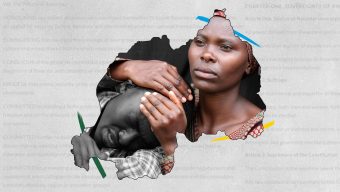“The success of government thus requires the acceptance of fictions, requires the willing suspension of disbelief…Government requires make believe…make believe that the King is divine…make believe believe that the people have a voice or make believe that the representatives of the people are the people…make believe that all men are equal…” (Edmund Morgan, Inventing the People)
Fictions, rather than reality, are what form the foundation of our political systems. These fictions, which come in various forms and styles, facilitate social order and require our consent to exist. They come with exalted and extravagant names like God, King, Queen, Princess, President or, best of all, The People. Perhaps it is our inability to live without some form of systemic structure that compels us to believe in self-evident truths. After all, stories, novels, and fables make us human. Yuval Harari, in his bestselling book, Sapiens, argues that our capacity to invent and adhere to fictions is what sets us apart from other species, what makes us extraordinary.
Vive la France!
The inherent problem with fictions is that we still often expect them to adhere to certain rules and structures, despite their magic. We expect Popes to act godly and monarchs divinely, though they often do not. The execution of Louis XVI rolled two fictions into one: religion and monarchy. It represents perhaps the most successful of fabrications in history scandalously mis-performed – resulting in a vacuum of faith that needed to be filled quickly (with a compelling narrative) because revolutions can endure for a limited time only. Louis XVI’s fate at the guillotine coincided with the concept of The People and its peculiar imaginary government – democracy – was brewing, though in a fragile and rather wishful state. What it required was a convincing story and a subtle yet equally esoteric vehicle to bring it to life: representation. In the process, we became intoxicated by the magic of the sovereign people, the general will, the social contract, and natural rights. Rationally these ideas only make the sense we want them to make. The agenda, though, was clear: liberté, egalité, and fraternité.
Que Dios les bendiga.
In 1986, Guillermo O’Donnell, Philippe Schmitter, and Laurence Whitehead published a four-volume classic of political science. Transitions from Authoritarian Rule became the new guidebook for numerous countries, especially in Latin America, as they abandoned their autocratic past to join the third wave, as Samuel P. Huntington described in his 1991 book, of southern democracies. The transition project, as it came to be known, helped to surpass the long-established belief that Latin American countries could never become fully-fledged democracies. Very famously, Seymour Martin Lipset, in his Political Man: The Social Bases of Politics, argued that Catholic (and other) societies could not fully embrace the fiction of The People because their social structure was based on a subject culture. It’s an old story: Catholics are seen to prefer obedience while Protestants get a kick at participating. But thanks to education, early globalization, and the failure of the Soviet experiment, more societies crashed old fictions to adore the new popular gospel. Nevertheless, as the saying goes, “In God we trust.”
El pueblo unido jamás será vencido.
Many failed communist revolutions and caudillos later, most Latin American societies were finally ready to embrace the democratic fiction that had worked miracles north of the Río Bravo de Norte (the Rio Grande as they call it in the United States.) At different dates but in an exceptionally synchronized manner, Mexico, Guatemala, EL Salvador, Nicaragua, Costa Rica, Panama, Honduras, Ecuador, Colombia, Venezuela, Bolivia, Brazil, Chile, Paraguay, Argentina, and Uruguay transitioned towards democracy, albeit weakly. But the magic of The People spread like a new religion – and, like religion, democracy came with high hopes and, frequently, with limited patience. A certain level of delivery needed to be perceived for consent and faith to be awarded. The time had come and expectations were high.
For democracy to be perceived and respected as the fiction that it is, it needs to deliver more and better.
High expectations are precisely the Achilles’ heel of democracy. In the summer of 2008, while working on my PhD, I had the privilege of learning from Yale University’s Juan Linz who, with his immense and unique wisdom, insisted that the success of democracy did not so much depend on its delivery as on the reasonableness of citizens’ demand of it. He emphasized that one of the most difficult things for recently transitioned democracies is to reconcile the legitimate expectations raised with the requests that can realistically be made of democratic institutions expecting a fast return. Those words, along with the image of the old professor drinking coffee by a large window looking out into the trees, resonate with me now when I read news about the latest political developments in Latin America. It seems that the optimistic patience of citizens has come to an abrupt end and people everywhere (but especially in Latin America) are demanding a stricter and better delivery of the fiction they have come to equate with democracy. They want to feel that they are the center of it. And without delivery of the fiction, there is no consent. Perhaps this is why the new libertadores and political parties alike are fond of calling themselves populist. Make The People great again.
Liberté, egalite, and fraternité
Promises should be kept, some might say, even if what has been promised are vague concepts, slippery ideas, and wonderful constructs. Democracies educate people to understand a flexible interpretation of the delivery. And yet, there is a minimum threshold, a common point at which the absence of credible provision or plausible wishful thinking turns dreams into nightmares. What once was a flock of believers becomes a wolfpack with the right to vote. Voltaire allegedly said that we never live; rather, we are always in the expectation of living. This notion may have been perfect for a time when democracy was in the making and faith was its only credit. Now, two centuries later, it seems as if most democracies are running low (some very low) on credit. From this perspective, it is relatively normal that people start preferring some authoritarian alternatives. Common sense, it is so uncommon these days.
Liberté. Freedom is undoubtedly the fiction that has become the most real. According to Freedom House, in 2018 around 39% of the globe’s inhabitants lived in “free” societies (approximately 45% of the total number of countries), 24% lived in “partly free” (30%) and 37% were in “not free” (25%). While this may seem unimpressive, it is actually a great achievement when in contrast with the state of the world at the time of the French Revolution. Objectively, we are in the freest human era. Yet, freedom alone is not enough.
Egalité. Scholars like Thomas Piketty and his academic friends have long reminded us that if democracy is based on equality, however fictional, then most democracies have passed the point of credible egalitarian magic. According to the Global Inequality Report 2022, the richest 10% of the global population currently takes 52% of global income, whereas the poorest half of the population earns 8.5% of it. Global wealth inequalities are even more pronounced than income inequalities. The poorest half of the global population barely owns any wealth at all, possessing just 2% of the total. In contrast, the richest 10% of the global population currently takes 76% of all wealth. In Latin America, the top 10% captures 55% of national income, compared to 36% in Europe. When a minimum threshold of equality is not met, people understandably lose faith in the fiction.
Fraternité. Nobel prize Joseph Stiglitz opens the Global Tax Evasion Report 2024 with a witty observation, paraphrasing Benjamin Franklin who famously said that nothing is certain except death and taxes. Billionaires, Stiglitz claims, may not yet have achieved immortality, but they have certainly become more agile at avoiding the taxman. A persistently large amount of profit is shifted to tax havens: $1 trillion in 2022. Global billionaires, the report continues, have effective tax rates equivalent to 0% to 0.5% of their wealth, due to the frequent use of shell companies to avoid income taxation. Latin America, together with Sub-Saharan and North Africa, has the lowest personal tax currently paid in the world. While it is debatable and has many layers, if the obscenely rich do not want to pitch in and help their less fortunate fellow citizens have a decent living, the fiction of altruism inevitably breaks down. The magic, once again, is gone.
Many social scientists have already diagnosed the ailment afflicting the patient. For democracy to be perceived and respected as the fiction that it is, it needs to deliver more and better. Who can honestly be surprised that large portions of Salvadoreans, Argentinians, Ecuadorians, Bolivians, and others vote for authoritarian leaders who promise to make their lives a little bit better? Looking at the numbers in the US, who can genuinely be shocked by the MAGA movement?
Everything was better back when everything was worse because when everything was worse, people still craved freedom, trusted equality, and embraced fraternity. Part of the problem is that we still think the problem isn’t ours. If we continue telling ourselves that the issues lie solely with the angry precariat voting for insane prophets, we will become the elephant in the room that no one sees. Let’s stop blaming the victims and begin to acknowledge our responsibility. The fiction of the people needs to become more real, and our egos need to shrink.
© IE Insights.











